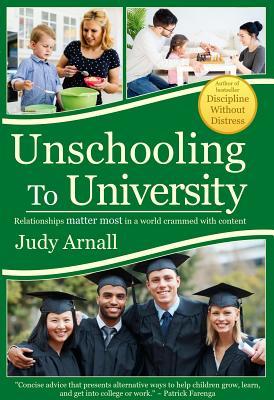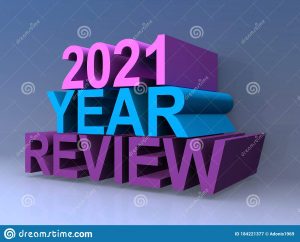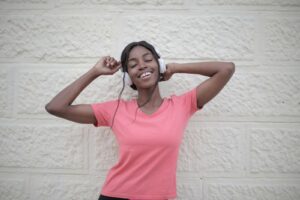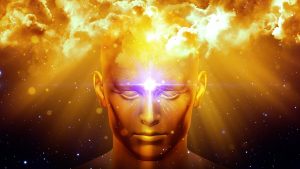I’ll admit this post may take some of you by surprise, mostly because many of us have Cognitive Dissonance in many areas of our life (a discussion for another time), but especially when it comes to the education system. Now nearly all of us, myself included have gone through “traditional” schooling, many of us for many additional years to go to collage or university, and maybe even graduate studies or professional designations etc. I’ll hear people say they turned out all right or you turned out fine. I strive to be Exceptional, not alright or fine. I want this for my kids too. So, before my oldest child had even started school, I began to ponder these types of questions. I learned about this book and others like it (ex. Free To Learn) about three years ago. However, it wasn’t until this year and the madness that has ensued that I finally decided I need to learn more about this subject.
Relationships, and especially those with our family and children is a huge part in one of my 7 Pillars of Health, Performance and Longevity, hence why I have chosen to share this review with you.
There are many types of learning situations, traditional school, home learning facilitated by the school, home learning where the responsibility is shared and as per the books title, Unschooling. Keep in mind there are many different flavors and a spectrum where all of these reside.
Education encompasses all the learning in a person’s life. Parenting is a major factor in education, guiding the whole child in all four developmental domains: social, physical, cognitive, and emotional. Research shows that the longer children avoid formal schooling and instead determine their own education, the more likely they are to attend postsecondary education and love it. (Gray 20014) That last part is key, “and love it”.
Just speaking for myself, I only went to university because that was what I thought I was supposed to do and felt the pressure from my parents to attend and get a “good job”. While I did receive two full degrees, I spent 5 and a half years there and mostly hated it. I liked being with people, many friends, being an adult and partying, but I cannot say I loved it. It was a chore for me. I chose a field where I thought I could get a good well-paying job, thinking that is all that matters. For many years, my first career was very good to me, and I cannot complain. I came to health and my current passion by overcoming my own health challenges, but I sometimes wonder what would I be doing if I followed one of the things I was passionate at as a kid.
This book is broken out into four main sections or themes. The first describes what is Unschooling or Self-directed learning. It discuses why the need for changes to the education system, how students are now borderless in a digital world, how we learn, that any adult can provide the 7 Critical C’s of education (Curiosity, Caring, Creativity, Competencies, Context, Conversations, Community).
Part one also goes into the research on whether unschooling works, what unschooling is and what it is not, how play in its many forms is the primary learning vehicle of children and the myths of childhood education (again back to the cognitive dissonance I mentioned at the top).
The second section of the book is titled: The digital generation needs adults and self-direction more than peers and curriculum. It briefly discusses the history of education and then digs deep into the academic, social, emotional and physical benefits of unschooling, as well as the benefits to society.
The third section of the book describes the critical components of a personalized education. These being an Adult or Facilitator, Resources, Unstructured Time and what many of you are probably wondering about, Assessment.
The final section is about development stages and begins with the basics of the brain and then moves on to discussing different age ranges from babies to 25 years old and how they learn and how to master the requisite skills we as a society feel is important to have by the time you are an adult. This section will be eye opening for many on how children can learn to read, write, math etc. in ways completely contrary to what most of us believe in, namely copy, memorize and repeat.
For anyone who decides to read this book, my hope is that you appreciate that there are many ways to learn and even the most so-called advanced schools are still working off a 100-year-old model.
In the spring of 2020, schools and families around the world were disrupted. Some handled it better than others, both from the perspective of the families and the school boards. Regardless of your thoughts on the back-to-school policies of the new school year beginning in fall of 2020, I hope many people from parents, to teachers, to administrators, to policy makers are opening their eyes to the need for changes to our antiquated education system.
Even if homeschooling does not work for your family at this time, I would recommend anyone to read this book to get a better understanding of what your child actually needs to learn and educate themselves. It has opened my eyes and I look at learning situations through a different lens now. Again, I truly feel this is part of relationship building within your family and a major component of you and your families health and longevity.
For full disclosure, by the time I finished this book in late August 2020, and after reviewing our family situation and dynamics and reflection on my own personal strengths and areas of improvement, we chose to send our children back to regular school. That being said, we are using this year as a barometer to see if traditional school works for our kids or if we need to revisit Unschooling in the very near future.
Contact me, if you would like to discuss this or any other topics further.




